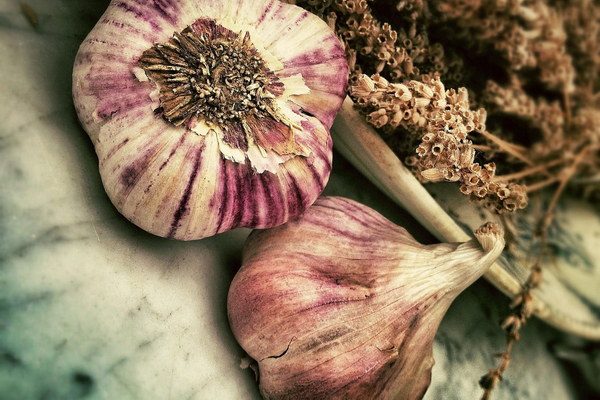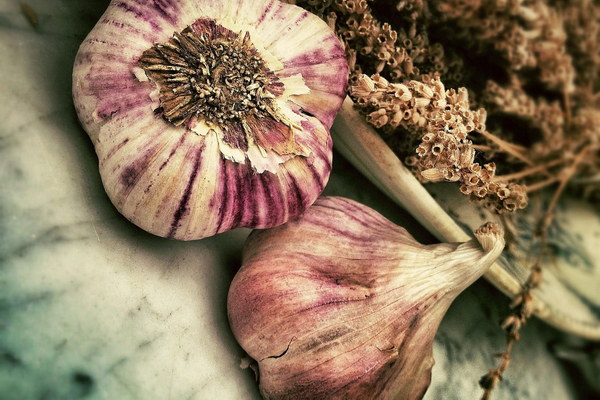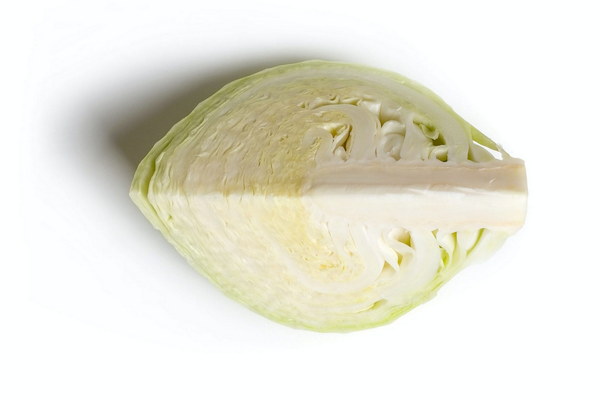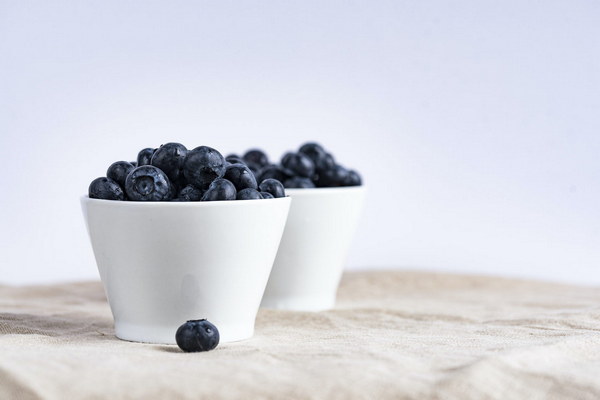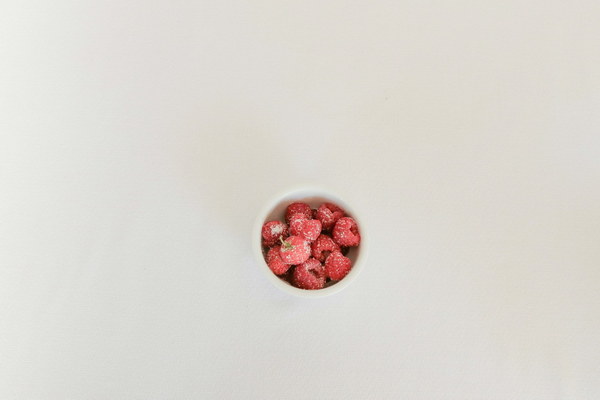Top Korean Foods That Boost Women's Kidney Health
In the realm of traditional Korean cuisine, there's a wealth of ingredients and dishes that are believed to boost kidney health, particularly for women. The kidneys are crucial organs responsible for filtering waste from the blood and maintaining electrolyte balance in the body. Here are some of the top Korean foods that are thought to be the best for kidney health:
1. Seaweed (해조류, haetjollyu)
Seaweed is a staple in Korean cuisine and is renowned for its numerous health benefits. It is rich in minerals such as iodine, selenium, and calcium, which are essential for kidney function. Common seaweed dishes include gim (dried seaweed) and miyeok (seaweed soup), which is particularly popular during pregnancy for its supposed kidney-strengthening properties.
2. Soy Products (두부, ddu bu)
Soybeans and its derivatives are a significant part of the Korean diet. Tofu, soy milk, and miso soup are all great sources of protein and contain compounds that may help reduce the risk of kidney disease. The isoflavones in soy are thought to have a protective effect on the kidneys.
3. Ginseng (인삼, inssam)
Ginseng has been a staple in traditional Korean medicine for centuries. This root is believed to boost the immune system, increase energy levels, and improve kidney function. It is often taken in the form of tea, supplements, or as a key ingredient in various Korean dishes.
4. Green Tea (녹차, nok cha)
Koreans are known for their love of green tea, and for good reason. This beverage is rich in antioxidants and polyphenols that may help protect against kidney damage. It's best consumed in moderation, as excessive caffeine can strain the kidneys.
5. Pumpkin (호박, hobaek)
Pumpkin is a versatile vegetable that is both delicious and nutritious. It is rich in beta-carotene, vitamin C, and potassium, all of which are beneficial for kidney health. Korean pumpkin dishes include kimchi (fermented vegetables) and doenjang (fermented soybean paste).
6. Mushrooms (버섯, beoseot)
Mushrooms such as shiitake, maitake, and oyster mushrooms are not only delicious but also packed with nutrients that may support kidney function. They are a good source of fiber, B vitamins, and minerals like selenium, which is crucial for kidney health.
7. Sesame Seeds (고추장, gochujang)
Sesame seeds are a common ingredient in Korean cooking, particularly in the form of gochujang, a spicy paste. They are rich in minerals such as calcium, magnesium, and zinc, which are important for kidney function. Including sesame seeds in your diet can be a simple way to boost kidney health.
8. Sweet Potatoes (감자, gamja)
Sweet potatoes are an excellent source of fiber, vitamin C, and beta-carotene, which can help lower the risk of kidney disease. They are also a good source of potassium, which is important for maintaining healthy kidney function.
9. Kimchi (김치, gimchi)
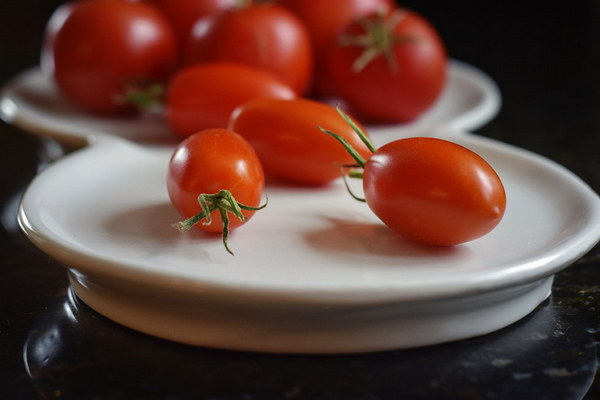
Kimchi is a fermented cabbage dish that is not only delicious but also packed with probiotics and nutrients. Fermented foods are believed to help maintain a healthy gut, which is essential for kidney function. Kimchi is also a good source of vitamin C, which may help protect against kidney damage.
10. Gochujang (고추장, gochujang)
Gochujang, the spicy paste made from fermented soybeans, rice, and red chili peppers, is another fermented food that is thought to be beneficial for kidney health. It is rich in antioxidants and probiotics, which can help maintain a healthy gut and support kidney function.
Incorporating these kidney-friendly Korean foods into your diet can contribute to overall health and well-being, particularly for women looking to support their kidney function. However, it's important to note that dietary recommendations should be tailored to individual health needs and conditions, and it's always a good idea to consult with a healthcare professional before making significant changes to your diet.



